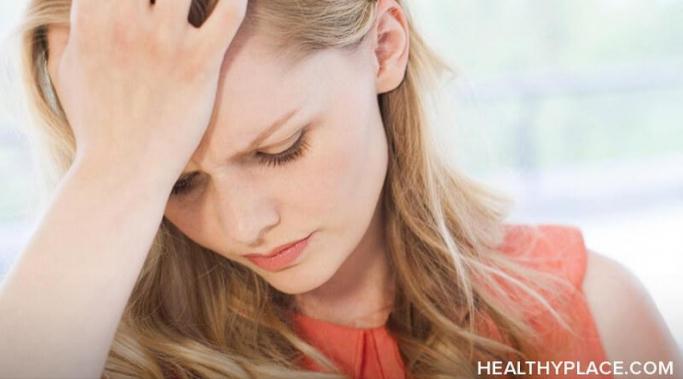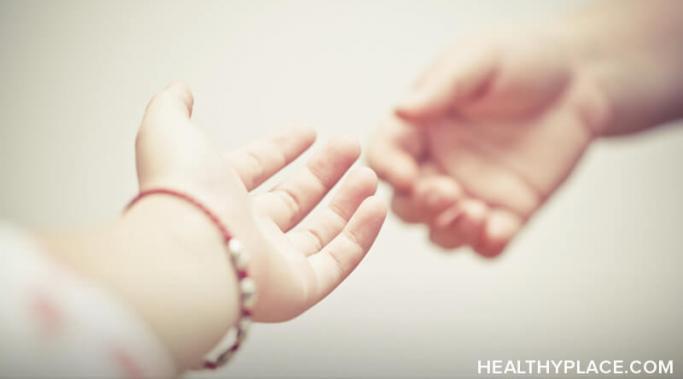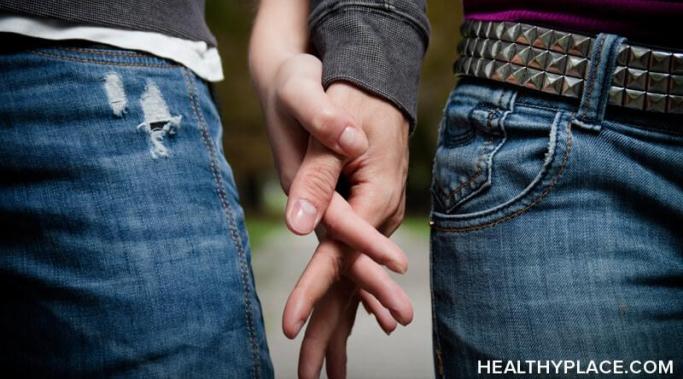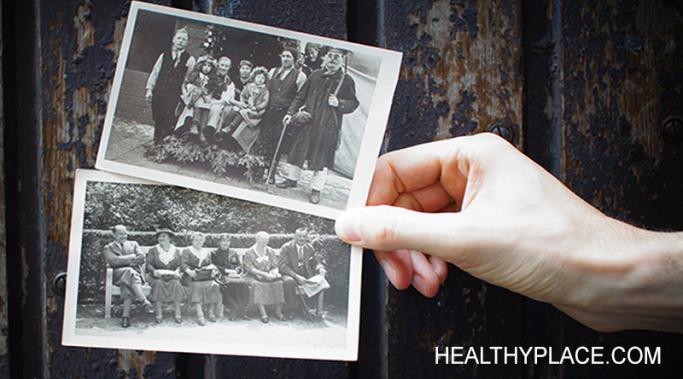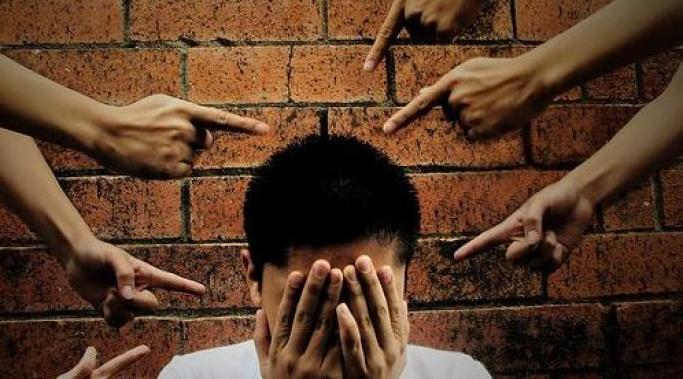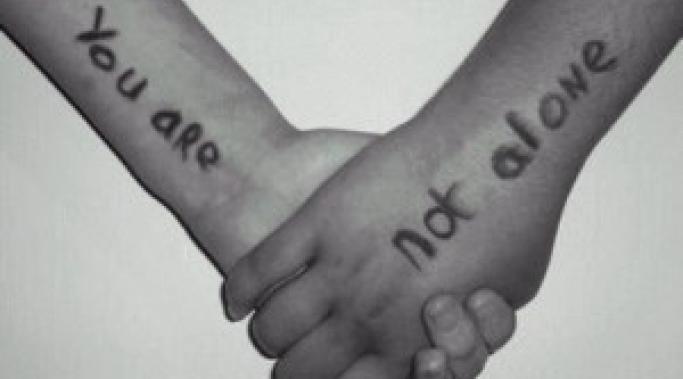The symptoms of my sexual assault affect my relationships by cropping up in unexpected ways, years after the traumatic event. As I slowly came to terms with what happened to me, these symptoms began to interfere with my romantic relationships in a variety of ways, both subtle and overt. I tried to navigate these symptoms of sexual assault and the further I strived to avoid them, the further they popped up unexpectedly and uninvited. Over the years, I have discovered that there are several things that my partner and I can do to help ease my mind and work towards understanding the aftermath of my assault.
Relationships Videos
A healthy relationship with yourself affects your happiness. Only a few short years ago, I was by most definitions incredibly successful. I was making a good living and had achieved my goal of running my own non-profit organization. But I wasn't happy. Since then, I learned that only the relationship with yourself truly matters.
My name is Jonathan Berg, and I am excited to be able to share my story with you and to join the Relationships and Mental Illness team here at HealthyPlace. I was diagnosed with bipolar disorder type II when I was 14. From the start, I hid it from everyone, including my closest friends and my parents. I was afraid that people would think I was crazy. I am sad to say that this fear lasted for more than 20 years.
My name is Mikaela Mariner and I am the new coauthor of Relationships and Mental Illness. I am here to speak on the reality of mental illness and the importance of relationships. With only a few years of recognizing my anxiety and depression, my biggest takeaway thus far is my ability to identify when my mind is trying to take over. Being married to my best friend has been a huge help for me and my primary inspiration to help others. You could say I’ve always been a writer but it wasn’t until recently that I learned exactly what it is I’m supposed to be using my craft for; realizing how to utilize it was a monumental step in my journey.
I’m Brittany Clements and I’m thrilled to join the Relationships and Mental Illness blog at HealthyPlace. While I wasn’t officially diagnosed with generalized anxiety disorder (our generalized anxiety disorder test) until my late teens, it’s a condition I’ve undoubtedly struggled with my entire life, exacerbated by an accompanying diagnosis of epilepsy.
A family-related mental health relapse becomes more possible in the days approaching Halloween and the winter holiday season. You see, for those of us with mental illness, these holidays may be filled with dread rather than joy and anticipation. Likely, some of our issues with coping emanate from family situations, and we may experience triggers that can cause a mental health relapse when around our family. Many emotions can cause mental health relapse, particularly when experienced during a holiday period full of expectations and various personalities (Anatomy Of A Mental Health Relapse).
Knowing when to get rid of social media relationships is tricky. We all know them - the person in our Twitter or Facebook feed that we don't see eye-to-eye with. Or the friend from highschool that, for some reason, annoys you with the endless pictures they post of their dog. Having so many social media relationships in so many places can stir lots of emotions, some of them good and others bad (Is Social Networking Increasing Your Relationship Anxiety?). But there are times and situations which signal you must get rid of social media relationships.
Mental illness and guilt towards friends can impact our friendships and how we feel about ourselves. If feelings of guilt persist, they can lead to feelings of depression and can exacerbate the symptoms of our diseases. But dealing with guilt towards friends with regard to mental illness early can help you maintain healthy relationships and restore your emotional equilibrium.
Relationships during mental illness relapse can be critical to recovery. Many people with mental illness isolate and withdraw socially as symptoms of their disease. Though it may feel comforting to disconnect from the world and withdraw into one's own thoughts, reaching out to loved ones is a great way to reap the benefits of your relationships during a mental illness relapse.
Many people aren't good at relationships, particularly at the beginning. What might be a time of excitement and optimism for the average person can turn to anxiety and depression for someone with bipolar. In this blog post, I compare the feelings I experience during the beginning of a relationship - in this case, with Erik, a new love interest - with the mood fluctuations of bipolar disorder.
